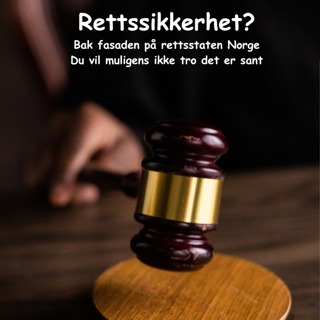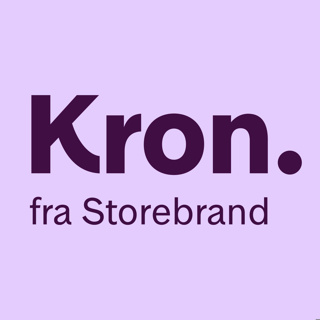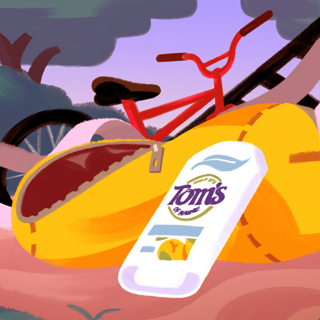
Tom's Of Maine: Tom Chappell
In 1970, Tom Chappell took out a $5000 loan to launch a natural products company called Tom's of Maine. Working out of a warehouse in Kennebunk, Maine, he created soaps, shampoos, and toothpaste free from added chemicals, and sustainable for the environment. When he sold the company three decades later, Tom's of Maine had become one of the largest natural products brands in the world. PLUS for our postscript "How You Built That", we check back with Paul Kaster, who two years ago started a company that makes wooden bowties, and is now starting Carbon Cravat — which makes bowties out of carbon fiber. See Privacy Policy at https://art19.com/privacy and California Privacy Notice at https://art19.com/privacy#do-not-sell-my-info.
11 Des 201736min

Zumba: Beto Perez & Alberto Perlman (January, 2017)
We're hard at work planning our upcoming live show, so we bring you this favorite from the last year: Zumba. Zumba began as a mistake: aerobics teacher Beto Perez brought the wrong music to class, then improvised a dance routine to go with it. For his students, it was more fun than work — and it eventually grew into one of the biggest fitness brands in the world. PLUS for our postscript "How You Built That," how Alex McKenzie is hoping to upgrade the menu of your neighborhood ice cream truck by offering exotic flavors, high fat content, plus low-guilt options for the health-conscious. See Privacy Policy at https://art19.com/privacy and California Privacy Notice at https://art19.com/privacy#do-not-sell-my-info.
4 Des 201740min

Framebridge: Susan Tynan
Susan Tynan's experience in the ephemeral e-market of LivingSocial made her want to start a business that she could touch and feel. She got her idea after experiencing sticker shock at her local framing store: she was charged $1600 to frame four cheap posters and figured there had to be a better way. So she created a mail-order framing company that offers fewer designs at much lower prices. Framebridge is now three years old and still feeling growing pains, but is slowly reshaping the rules of a rigid industry. PLUS for our postscript "How You Built That," how Alexander Van Dewark created a portable mat that helps people mix cement without a wheelbarrow or a paddle. See Privacy Policy at https://art19.com/privacy and California Privacy Notice at https://art19.com/privacy#do-not-sell-my-info.
27 Nov 201757min
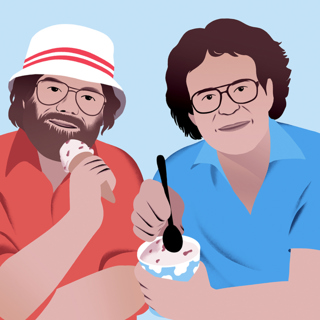
Ben & Jerry's: Ben Cohen And Jerry Greenfield
In the mid-1970s two childhood friends, Ben Cohen and Jerry Greenfield decided to open an ice cream shop in Burlington, Vermont. Their quirky little shop packaged and sold unusual flavors like Honey Coffee, Mocha Walnut, and Mint with Oreo Cookies. In 1981, the regional brand spread across the country after Time magazine called it the "best ice cream in America." Today, Ben & Jerry's is one of the top selling ice cream brands in the world. And, like the original founders, the company doesn't shy away from speaking out on social issues. PLUS for our postscript "How You Built That", how David Stover and his team at Bureo turn fishing nets into skateboards. See Privacy Policy at https://art19.com/privacy and California Privacy Notice at https://art19.com/privacy#do-not-sell-my-info.
20 Nov 201756min

Instagram: Kevin Systrom & Mike Krieger (2017)
We're hard at work planning our upcoming live shows, so we bring you this favorite from the last year: Instagram. Kevin Systrom and Mike Krieger launched their photo-sharing app with a server that crashed every other hour. Despite a chaotic start, it became one of the most popular apps in the world. PLUS in our postscript "How You Built That," we check back with Dave Weiner of Priority Bicycles, a low-maintenance bicycle brand. See Privacy Policy at https://art19.com/privacy and California Privacy Notice at https://art19.com/privacy#do-not-sell-my-info.
13 Nov 201731min
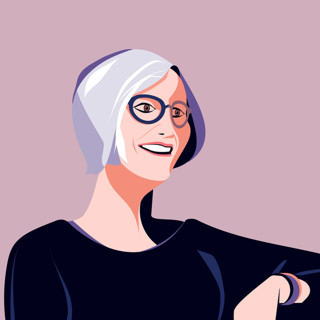
Eileen Fisher: Eileen Fisher
In 1983, Eileen Fisher signed up for a fashion trade show with no experience, no garments, no patterns or sketches – nothing but a few ideas for a women's clothing line focused on simplicity. Within three weeks, she came up with 12 pieces, a logo, and a name: Eileen Fisher. Today, the Eileen Fisher brand is still known for its elegant and minimalist designs, but it has grown to more than 60 locations and makes over $300 million in annual revenue. PLUS for our postscript "How You Built That," how Louisiana butcher Charlie Munford is helping popularize wild boar meat. See Privacy Policy at https://art19.com/privacy and California Privacy Notice at https://art19.com/privacy#do-not-sell-my-info.
6 Nov 201746min

Chipotle: Steve Ells
In 1992, Steve Ells was a classically trained chef working in a high-end restaurant in San Francisco. But after eating a burrito at a local taqueria, he got an idea: to sell burritos and earn enough money to open his own gourmet restaurant. The first Chipotle opened in Denver the following year. Bringing his culinary training to taqueria-style service, Steve Ells helped transform the way we eat fast food. PLUS for our postscript "How You Built That," how Alexander Harik turned his mom's recipe for za'atar spread—a fragrant Middle Eastern condiment—into Zesty Z: The Za'atar Company. See Privacy Policy at https://art19.com/privacy and California Privacy Notice at https://art19.com/privacy#do-not-sell-my-info.
30 Okt 201750min
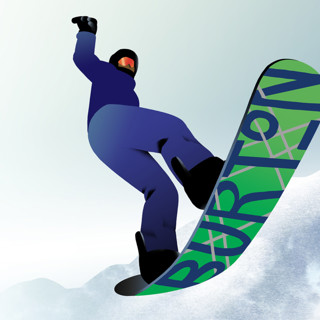
Burton Snowboards: Jake Carpenter
In 1977, 23-year-old Jake Carpenter set out to design a better version of the Snurfer, a stand-up sled he loved to ride as a teenager. Working by himself in a barn in Londonderry, Vermont, he sanded and whittled stacks of wood, trying to create the perfect ride. He eventually helped launch an entirely new sport, while building the largest snowboard brand in the world. PLUS for our postscript "How You Built That," how Jane Och solved the problem of guacamole turning brown, with a container that removes air pockets, the Guac-Lock. See Privacy Policy at https://art19.com/privacy and California Privacy Notice at https://art19.com/privacy#do-not-sell-my-info.
23 Okt 201745min

















